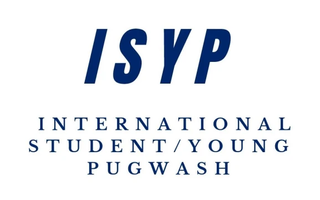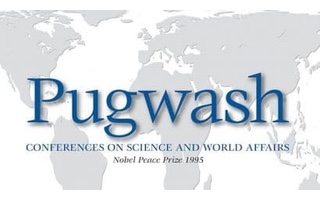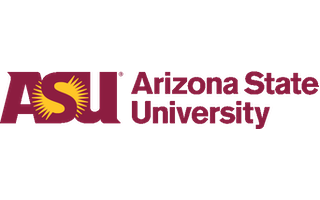The Pugwash Pledge commits a student or young professional to always keep in mind the ethical ramifications and outcomes of their actions and decisions throughout their careers. Someone who takes the Pledge does not do research or invent new technologies simply because they can, or because it would be profitable, or because they've been told to do so by their superiors—at least, not without first thinking through the results of such actions. For those not working directly in a STEM field—and for those who do—the Pugwash Pledge is also a self-chosen mandate to use ethical thinking in their decisions outside their careers, as a member of their local communities, as a political actor, and as a communicator of science and technology.
It is up to each person taking the Pledge precisely what ethical considerations affect their work, and how they should address these concerns. Pugwash promotes a utilitarian approach whereby ethical outcomes increase the common good and reduce suffering, and a commitment to accuracy stating that all available scientific and factual information be used to come to a just conclusion. For example, we promote peer-reviewed studies as more informative than an Internet debate. But we don't dictate the conclusions you should draw or the outcomes you should pursue. The Pledge states that you consciously take an ethical approach; you define what that means with your own research, study, and understanding.
Nevertheless, the Pledge is meant to be difficult. Many people encounter ethical dilemmas in their work, and in many cases, taking the ethical path can be costly. It is our hope that the process of taking the Pledge promotes the kind of thinking and commitment that makes such decisions part of the character of your work. Taking the more difficult path to meet your own ethical standards, by definition, is never the easiest thing to do—but the more thought you've given it in advance, the more that doing the right thing as you define it will be your only possible decision.
You will be provided with sample text for the Pledge, which you can amend and edit to fit your own needs and the specifics of your field of study or chosen career.
Taking the Pugwash Pledge involves the following steps:
- Sign up for the pledge, so we know who you are and can include you in group events.
- Complete a short course of self-study familiarizing yourself with the Pugwash approach and ethical theory. After some introductory reading and listening, you'll be asked to add your own resources to this list as you explore what interests you. This is expected to take 8–10 hours of your time: enough to make the information stick but not enough to be a difficulty alongside your other work.
- Optionally take part in regular online meetings between people taking the Pledge and mentors. We want to know how you're doing and what difficulties you're running into, and provide peer support and mentorship.
- Submit a list of study resources you chose from our recommended resources and those you picked specifically for your needs.
- Submit your own work based on what you have learned, discussing how you intend to apply it to your future actions. We recommend an essay of 1,000–2,000 words, but you can alternatively do a project in a different medium showing similar effort: a slide deck, artwork, or whatever moves you.
- Submit your Pledge text, dated with an electronic signature (such as a scan of your actual one).
- Your work will be judged based the quality of commitment it demonstrates. There are three possible outcomes:
- Exemplary submissions will be judged as pledging with Honors, and we may ask your permission to republish your work on our website or elsewhere. Those taking the pledge with Honors will be recognized publicly.
- Satisfactory submissions will allow the submitter to take the Pledge. You may list that you have done so on your curriculum vitae or resumé as you wish.
- A submission will be judged unsatisfactory when it is deemed to show an insufficient commitment to the act of taking a pledge. These submissions will be returned for revision, and can be resubmitted after improvement.
- Participate in ongoing outreach after the Pledge. For example, a year after we may contact you to see how taking the Pledge has affected you since, or if it changed any of your actions. If you wish to get involved as a mentor to new people taking the Pledge, you're welcome to come back as a volunteer.
Thousands of students signed the original Pugwash Pledge in the 1990s and 2000s. Our new program is open to everyone (including people in their careers of any age) who wish to undertake it. We hope that it is a meaningful experience for you.



